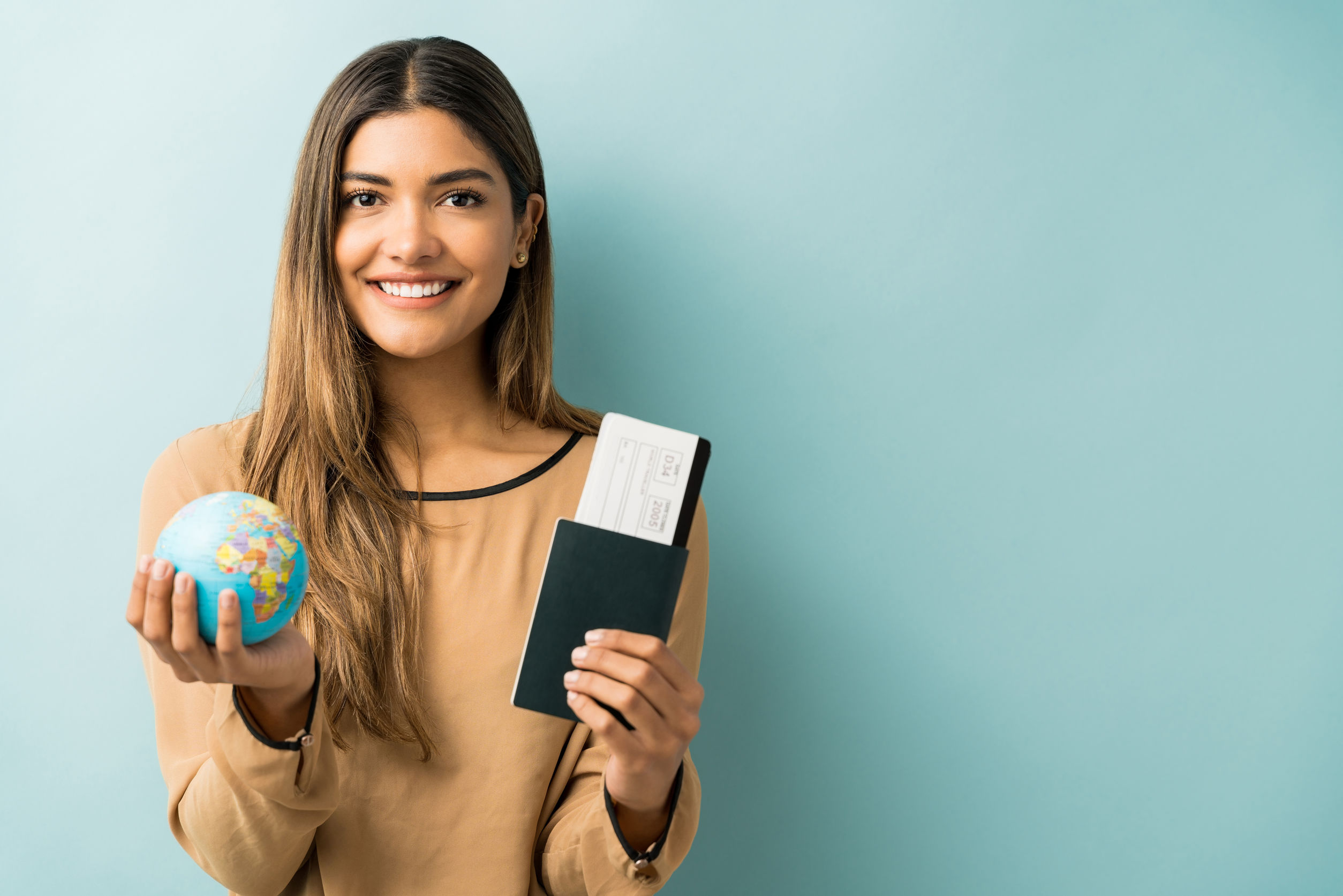Currently, the borders of Vietnam remain closed and the government did not specify any date as to when it will open again. But once the borders will open, those who are eligible to apply for the e-visa can start with their application.

Beginning July 1st, citizens from 80 countries will be qualified to avail of the electronic visa, also known as the e-visa. This means that they no longer need to go through the hassles of going to the Vietnam embassy to get their visa. They just need to go online, fill out the visa application form from there, and wait for the visa to be sent through email. Once the visa is received, just print it out and use it to enter Vietnam.
But do not get too excited just yet. Due to the coronavirus pandemic, Vietnam’s borders remain closed to all foreign visitors. So you may have to wait for a few more months before you start packing your bags.
Which countries are eligible for Vietnam e-visa? [show answer]
Before applying for e-visa, the applicant should check the name of their country in the list below to make sure they are suitable for the e-visa to Vietnam.
Notes :
Launched in February 2009, this new resolution was actually an extension of Vietnam’s e-visa trial program. Originally, citizens from only 40 countries were eligible. But because the program has been successful in bringing thousands of tourists into the country, the Vietnam government has decided to add more countries to the list. When the program was first launched, the list includes Vietnam’s most crucial partners in tourism, such as Russia, Japan, and South Korea.
In December of 2017, Vietnam has included more countries to the list. These are Australia, India, Canada, New Zealand, UAE, and the Netherlands. This has increased the total number of eligible citizens to 46. Recently, Vietnam has added 35 more countries to the list. As for China, the e-visa is only applicable to Macau and Hong Kong passport holders. The e-visa is not applicable to those who came from Mainland China and are holding Chinese e-passports.
The Vietnam e-visa is a single-entry visa. This means that you can only use it to enter the country once. Furthermore, the visa’s validity is only 30 days. Therefore, you need to get out of the country before the 30-day period ends or you’ll be slapped with a hefty fine. There’s an option to extend the visa validity but this must be done through a local travel agency.
Currently, the borders of Vietnam remain closed and the government did not specify any date as to when it will open again. But once the borders will open, those who are eligible to apply for the e-visa can start with their application. Applying for the e-visa is easy since the entire process is done online. Once the e-visa is approved, it will be sent to your email so you don’t even have to visit the embassy just to get your visa. Print the visa and you can use it to enter Vietnam’s airports, land border crossings, and maritime checkpoints.
Although the extension of the e-visa program can be seen as a positive sign for the country’s tourism industry, the country still remains closed to the world. This was the country’s response to the increasing number of Covid-19 cases around the world. By closing the borders, Vietnam hopes that they will be able to minimize the risk of Covid-19 infection in their country.
Tourism is an important component of the overall economy of Vietnam. The Covid-19 pandemic has affected the country’s tourism industry greatly. Because of this, the director of Vietnam’s National Administration of Tourism has revealed plans to develop programs that can lure international visitors back. However, they will only accept citizens from countries who have responded well to the pandemic. These include countries like Japan, South Korea, China, Taiwan, and other ASEAN countries.
The director further added that if the country will be able to successfully contain the risks of Covid-19 by September, they would come up with various promotions that are aimed at attracting foreigners. Furthermore, they have suggested relaxing the travel restrictions and implementing measures to check the travelers’ medical status upon arrival in the country.
Although Vietnam has been successful in its response to the Covid-19 pandemic, the pandemic has left the country with an economic slump. This is one of the biggest challenges that Vietnam’s tourism industry has dealt with so far.

Currently, the borders of Vietnam remain closed and the government did not specify any date as to when it will open again. But once the borders will open, those who are eligible to apply for the e-visa can start with their application.

📣📣📣The Vietnamese government is still suspending entry into Vietnam to all foreigners, including people with a Vietnamese visa exemption certificate. Only Vietnamese nationals, foreigners on diplomatic or official business, and highly skilled workers are allowed to enter the country at this time.

Vietnam’s immigration offices reopened 23 April 2020, foreigners in Vietnam now can apply for visa extension and visa renewal normally. On 13 May 2020, Vietnam has approved the reopening of sub-border gates and border crossings in Lang Son and Quang Ninh provinces connecting with China to ease trade between the two countries.

Vietnam’s National Assembly has recently revealed that they are amending the law on immigration and residency of foreigners in Vietnam. These amendments were revealed last November 2019 and will come into effect on July 2020.

The New Labor Code and the Amended Law on the Immigration of Foreigners In Vietnam have been passed recently. This New Amended Law On Immigration is due to take effect on July 1st, 2020 while the New Labor Code will start on January 1st, 2021.

Vietnam has recently amended the Law on Foreigner’s entry and exit into and from the country (Vietnam Immigration Law Update 2020). The law also covers those transiting and residing in Vietnam.

Vietnam’s National Assembly has recently passed a law that amends the existing laws of Vietnam Immigration (Vietnam Immigration Law 2020) when it comes to issuing visas to foreign visitors. The new laws apply to the entry, exit, transit, and residence visas in Vietnam.